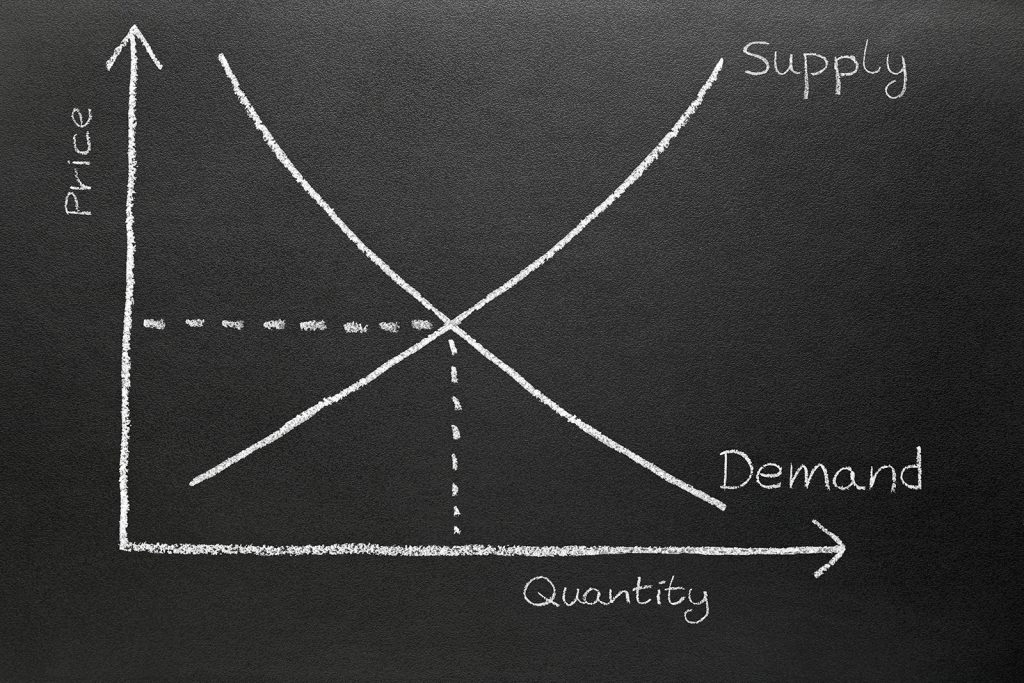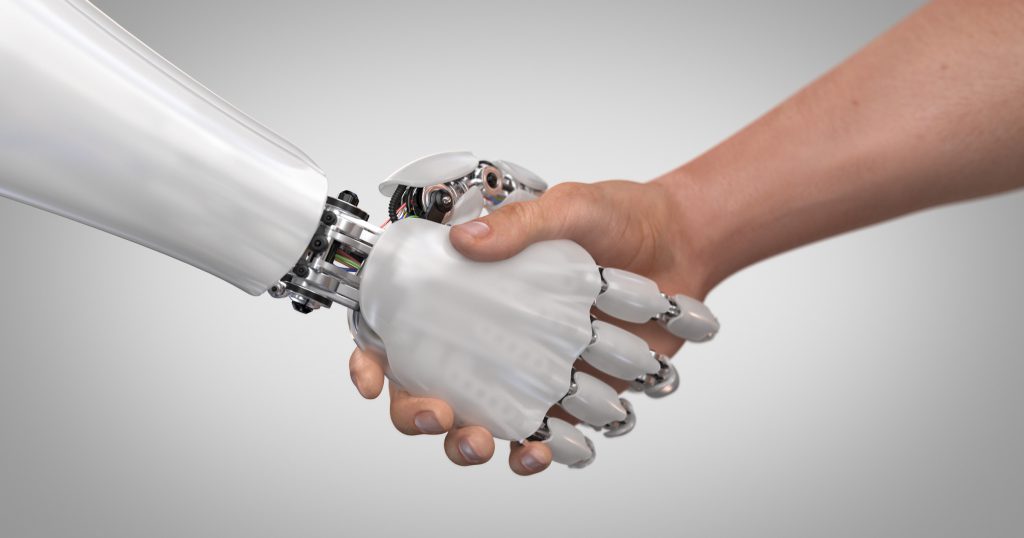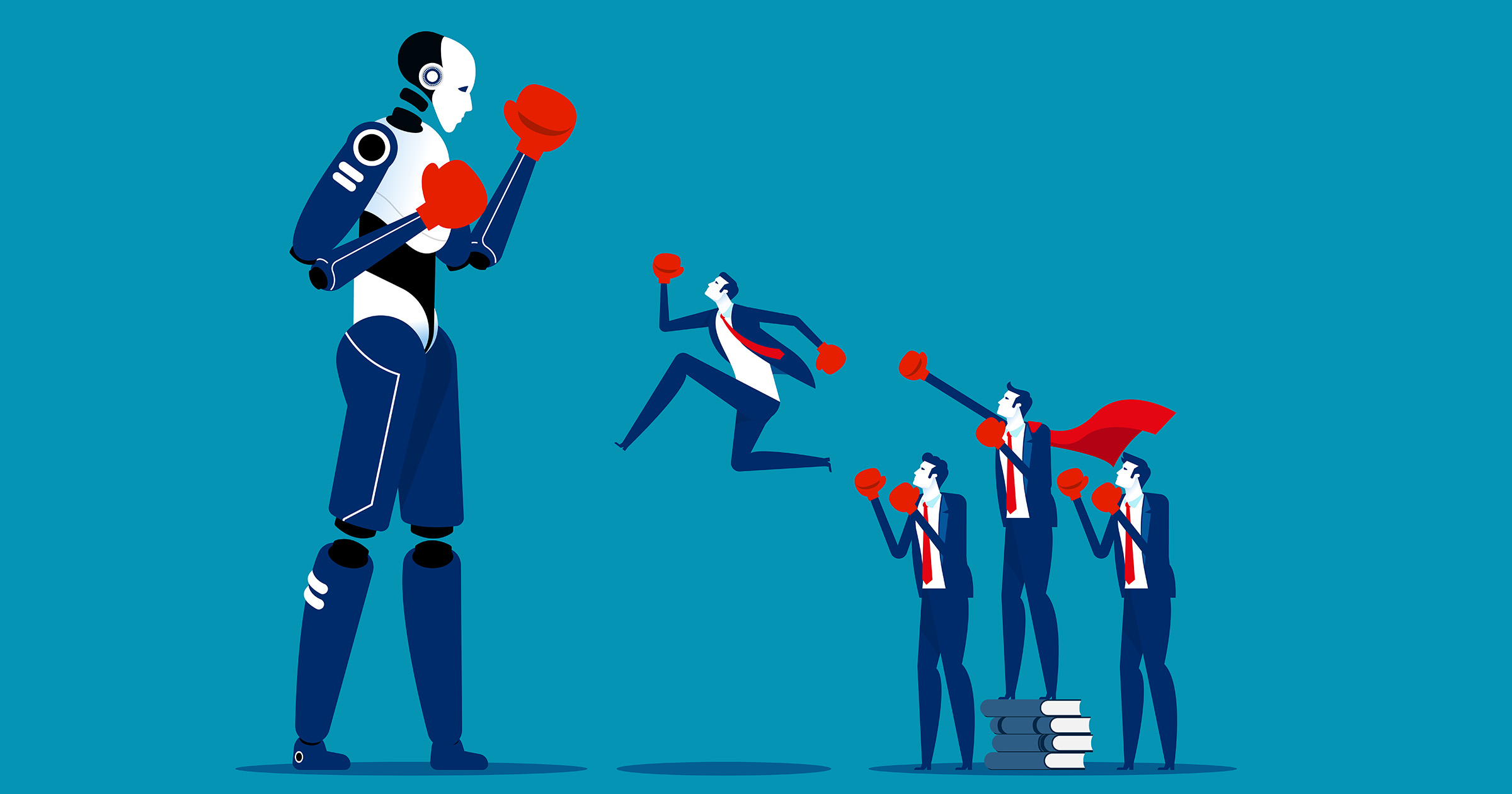Disclaimer: Opinions expressed below belong solely to the author.
“The Great Replacement” appears to be a common trope in the modern history of humanity.
Fear of being replaced by machines during the industrial revolution, by foreign immigrants “stealing” jobs and, most recently, by intelligent software — sentencing millions to unemployment and poverty after someone or something else took their job, leaving them with nothing.
Only that none of them ever materialised, and it’s unlikely that it will happen this time.
In fact, it is downright impossible, according to basic laws of economics.
Supply and demand
This unfounded paranoia stems from the fact that most people view (falsely) corporations and company owners not as counterparts in economic exchange, but as powerful entities hoovering up wealth, while trying to pay their workers as little as possible (preferably zero).
This twisted perception of how markets work has long been a cause of many conflicts and sociopolitical problems — and now makes millions wary of the impact artificial intelligence (AI) can have on their employment situation.
What they forget, however, is that both the sellers and the buyers of any good or service are, essentially, dependent on and equal to each other.
Large companies owe their size to the number of customers they attract and the money they spend. A single huge entity is, therefore, counterbalanced by millions of individuals. That’s how a market equilibrium is achieved as both sides agree to a mutually beneficial exchange.
You may feel small and insignificant as a single customer, but you have to remember that you’re a part of a much larger whole that influences how even trillion-dollar companies behave.

Supply of anything has to be matched by demand — and that demand depends on people’s ability to pay. You can’t spend the money you don’t have, and you won’t have any if you’re out of a job.
So, let’s assume that the pessimistic scenarios would prove true — that companies will begin to lay off people en masse, employing software and robots in their place.
What would happen to the entire economy?
If there is no equivalent employment for the retrenched, then either unemployment will begin to grow or, at the very least, overall purchasing power is going to decrease, as laid off workers settle for less well-paid jobs.
Would it have no impact on business?
Of course it would. Companies thrive on customers’ ability to buy their products. If, collectively, people have less money to spend, they are not going to buy as much as they did in the past and the result of the implementation of AI would be a collapse in overall consumption.
ChatGPT may do the work, but it does not go shopping.
In essence, this dystopian vision may be possible in theory — if highly improbable — and downright impossible in reality. After all, what good is a cost reduction if there’s nobody left to buy from you?
We know that companies and consumers alike are very sensitive to even small changes in economic activity. A GDP drop of a few per cent or unemployment of as little as 10 per cent are considered a serious crisis.
If AI affects employment or real purchasing power negatively, the economy would begin to correct itself long before the process could hurt most of the population.
We also have to bear in mind that deployment of intelligent software or robots is not exactly cost-free. It’s an investment that is only expected to pay off in the longer run, and most businesses avoid uncertain bets in times of economic pessimism.
That’s why if adoption of AI ever began to cause a noticeable uptick in unemployment or drop in consumption and GDP, investment in it would slow or halt altogether, because the incentive to continue would be greatly diminished.
The Great Reshuffling
However, the fact that AI will not replace us does not mean we will not be affected by it. In fact, almost everybody will be.
You may not find yourself out of a job, but it’s very likely it will not be the same one you have today. AI is bound to reduce headcount in many companies — while creating new, specialised professions elsewhere.

Those who keep their positions will have to adapt to working with new, digital “copilots”. Those replaced by them will have to find a new place for themselves in the shaken up labour market.
But this is a process we have gone through regularly for the past few centuries.
We’ve moved from agriculture to industry, to post-industrial service economies. Many jobs that millions of people have today did not exist 20 years ago. Similarly, many that exist today will disappear in the near future, replaced by something new.
AI will change many things — but it will not destroy us. As species, we’re far too responsive to change to allow this to happen.
Featured Image Credit: Depositphotos








